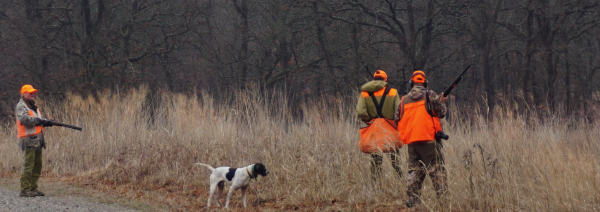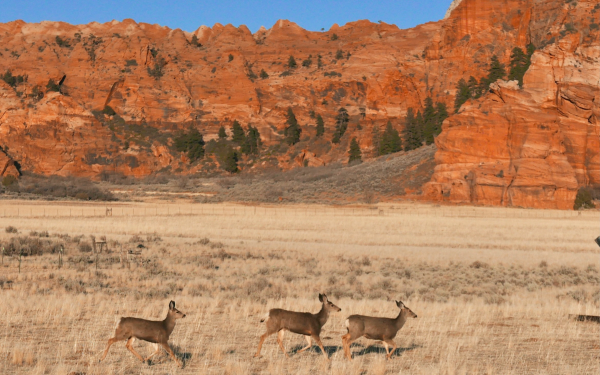After a pretty distinct message of dissatisfaction from voters across the country, the Trump administration is now focused on actions it can take to convince people they’re working at lowering the cost of living.
Meanwhile, prices for many pantry staples have risen steadily. Coffee, for example, has gone from a national average of $6.47/pound to $9.14/pound.
That’s largely due to the tariffs put in place on Brazil, the principal source of our coffee supplies.
In an attempt to lower costs, the administration is looking at anything from tariff reductions to a $2,000 onetime payment to citizens, supposedly from the tariff windfall. Consumers are hoping for something to give their embattled wallets a break.
Costs have eaten away at incomes far faster than the government’s 2.9 inflation rate. Statistics aren’t persuasive when they say “things are looking up” while grocery bills keep rising, jobs are in jeopardy and medical costs are skyrocketing.
Even if the government does take significant measures to cut the cost of living, there’s no quick relief in sight. No guarantee companies will drop their prices even when their costs drop. They’re in the business of making money, and their initial reluctance to raise prices and absorb rising raw good costs will be more than compensated by slower price drops. If they drop prices at all.
Unfortunately, average Americans today are as short on patience as they are on cash. We want relief now.
We’re approaching the holiday season and there’s little doubt that theoretical Thanksgiving turkey dinner market basket every local news outlet in the country creates will reflect considerably higher prices. Don’t know about cranberries or pumpkin pies, but virtually everything else associated with that festive dinner will be more expensive, from the gasoline to get to dinner to the electric or gas used to cook the turkey.
Fortunately, that isn’t true for most of our readers. This is also hunting season.
While many coworkers are fretting over the cost of meat, we’re heading afield to replenish our freezers with the “protein” we know is the best and most pure nourishment possible.

Combine that with the bounty from our gardens and we eat healthier than the vast majority of our neighbors, whatever their economic situation.
And from economic uncertainty comes a recruitment opportunity. Economic uncertainties create a terrific opportunity to invite co-workers, friends and acquaintances to join us afield.
If they don’t want to go hunting, we can most assuredly demonstrate the benefits of our lifestyle by inviting them to enjoy anything from a casual dinner of venison chili or burgers to fancy elk, pheasant or quail dinners.
The food many of us take for granted won’t show up on fast-food menus. You may (occasionally) find a bison burger on a bar menu, but you’ll have to go ultra high-end to find pheasant, quail or elk. The same dinners we routinely enjoy at home can cost hundreds of dollars there.
We have freezers full of the same meats. And the knowledge it’s not pumped full of chemicals, artificially colored, inhumanely raised or genetically engineered by anyone other than God.
As we move afield this season, we can’t forget this is the month where we -as hunters- have the opportunity, if not the obligation, to share the bounty of our harvests.
In the spirit of Thanskgiving, we should remember that we’re doubly blessed.

We get to enjoy the wonders of creation, free of artificial enhancement or theme park foolishness and partake of the bounty of those wild lands. All while helping nature maintain the balances essential for healthy wildlife and wild lands.
We’re blessed. And with that blessing comes an obligation to be a blessing to others.
As always, we’ll keep you posted.
— Jim Shepherd